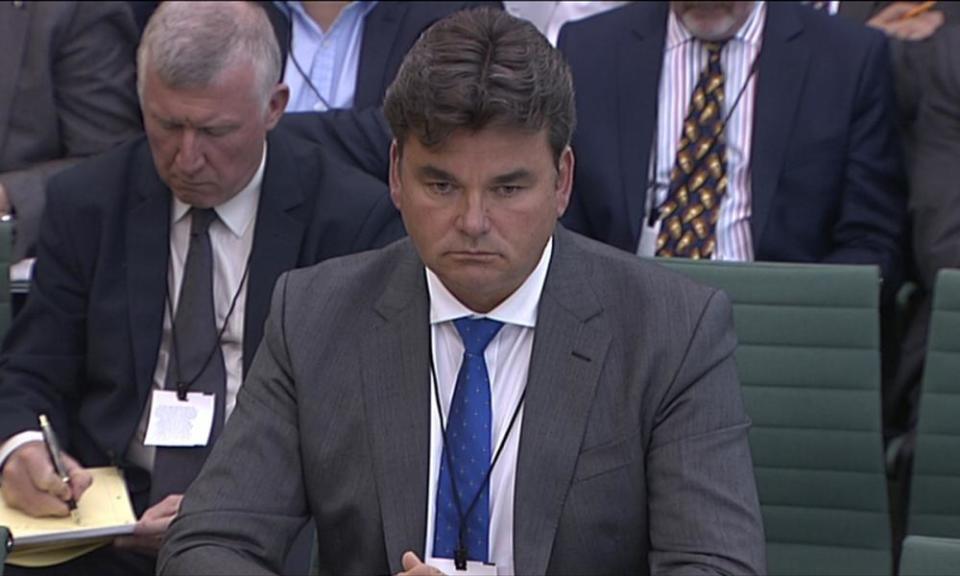Former BHS owner could face fine if the charges stick

Brighton magistrates court will be the venue this week for the latest chapter in the ongoing saga surrounding the collapse of BHS.
Dominic Chappell, the former owner of the company, is to be prosecuted by the pensions watchdog for failing to give information for an investigation into its sale. Chappell, who bought BHS for £1 from Sir Philip Green in 2015, faces three charges of neglecting or refusing to provide information and documents without a reasonable excuse – a criminal offence which can result in a fine.
A year after Chappell bought the chain, it collapsed with the loss of 11,000 jobs and a pension deficit of as much as £571m. Green owned BHS for 15 years, until he sold it to Chappell, a former bankrupt with no retail experience. Retail Acquisitions, the company he headed that made the acquisition, received up to £25m from BHS, despite owning the department store chain for just 13 months until it collapsed.
The regulator has already agreed a £363m cash settlement with Green to rescue the BHS pension scheme and halted legal proceedings against the billionaire. However, it is understood to be seeking as much as £17m from Chappell and Retail Acquisitions in relation to the matter.
Chappell has been summoned to appear in Brighton on Wednesday.
Oiling the wheels for Defender’s successor
Where else to launch the plans for a new vehicle than in the pub? Chemicals group Ineos will reveal some details behind a new rugged, off-road vehicle to succeed the Land Rover Defender this week at a morning event in The Grenadier pub in Belgravia.
Projekt Grenadier is the name given to the new project run by Ineos Automotive, a division of the company founded by billionaire Jim Ratcliffe, who is a long-time admirer of the Defender, which ceased production last year.
The company has already had to insist that the plan to build the new vehicle is not a vanity project by Ratcliffe and instead a business opportunity to appeal to the markets who would have bought the discontinued vehicle, such as farmers, foresters, explorers and enthusiasts.
The manufacturers want to sell the 4x4 for less than £50,000, manufacture it in the UK and have the first cars potentially available from 2020.
Details of the plans for the new motor will be revealed on Tuesday in the pub, where the idea “was dreamed up”. And should the audience need any libations to start the morning, the bar will open at 10.15am, invitees have been told.
French Connection’s joie de vivre is fading
What does the future hold for retailer French Connection? Less than two months ago, Mike Ashley’s Sports Direct increased its stake in the company to around 27%, taking it close to a level where it must launch a takeover bid.
On Tuesday, investors will get some insight into the first half of this year, when the company releases its statement for the period. Last March, the company reported its fifth consecutive year of losses amid weak demand for its clothes, store closures and competition in the sector.
Sports Direct bought out activist investors, including Gatemore Capital Management – a London-based hedge fund that had an 8% stake – and OTK, an investment firm that owned about 7%, to add to its existing 11% stake.
Gatemore had called for the company to be split up, following years of poor results. The sale of the two stakes brought to an end a power struggle in which the two investors put the chain’s boss, Stephen Marks, under pressure to relinquish his hold on the business he founded.
At this year’s annual shareholder meeting, about 53% of independent shareholders who voted via proxy were against the reappointment of both Marks and the non-executive director Dean Murray.

 Yahoo Finance
Yahoo Finance 